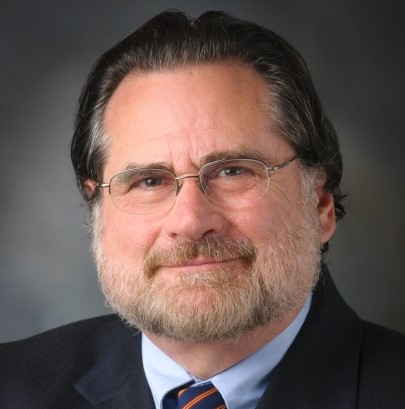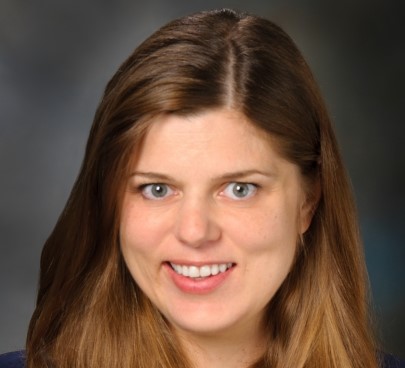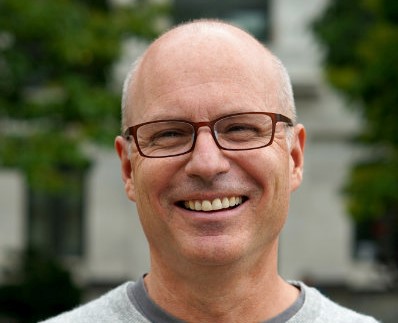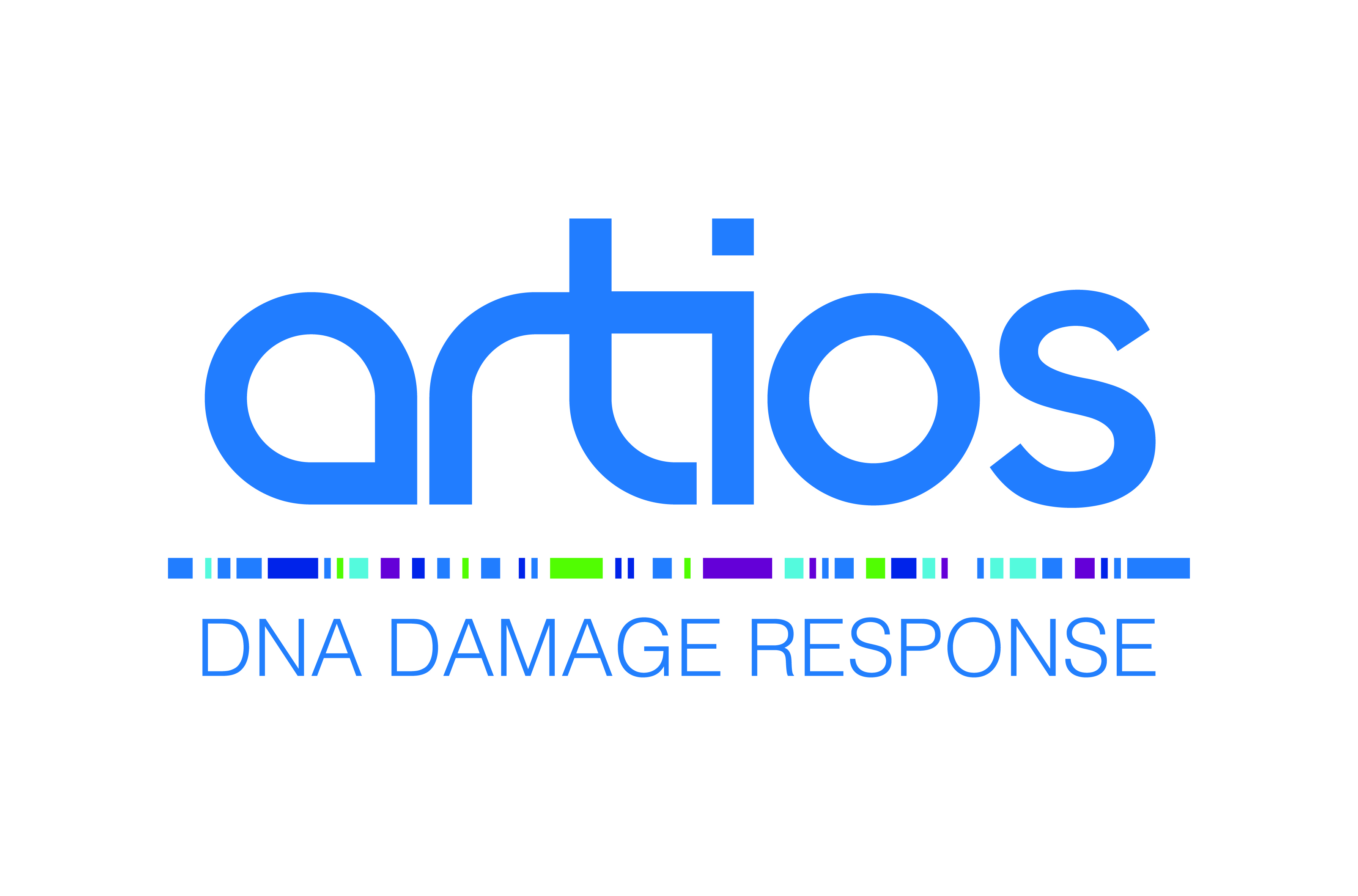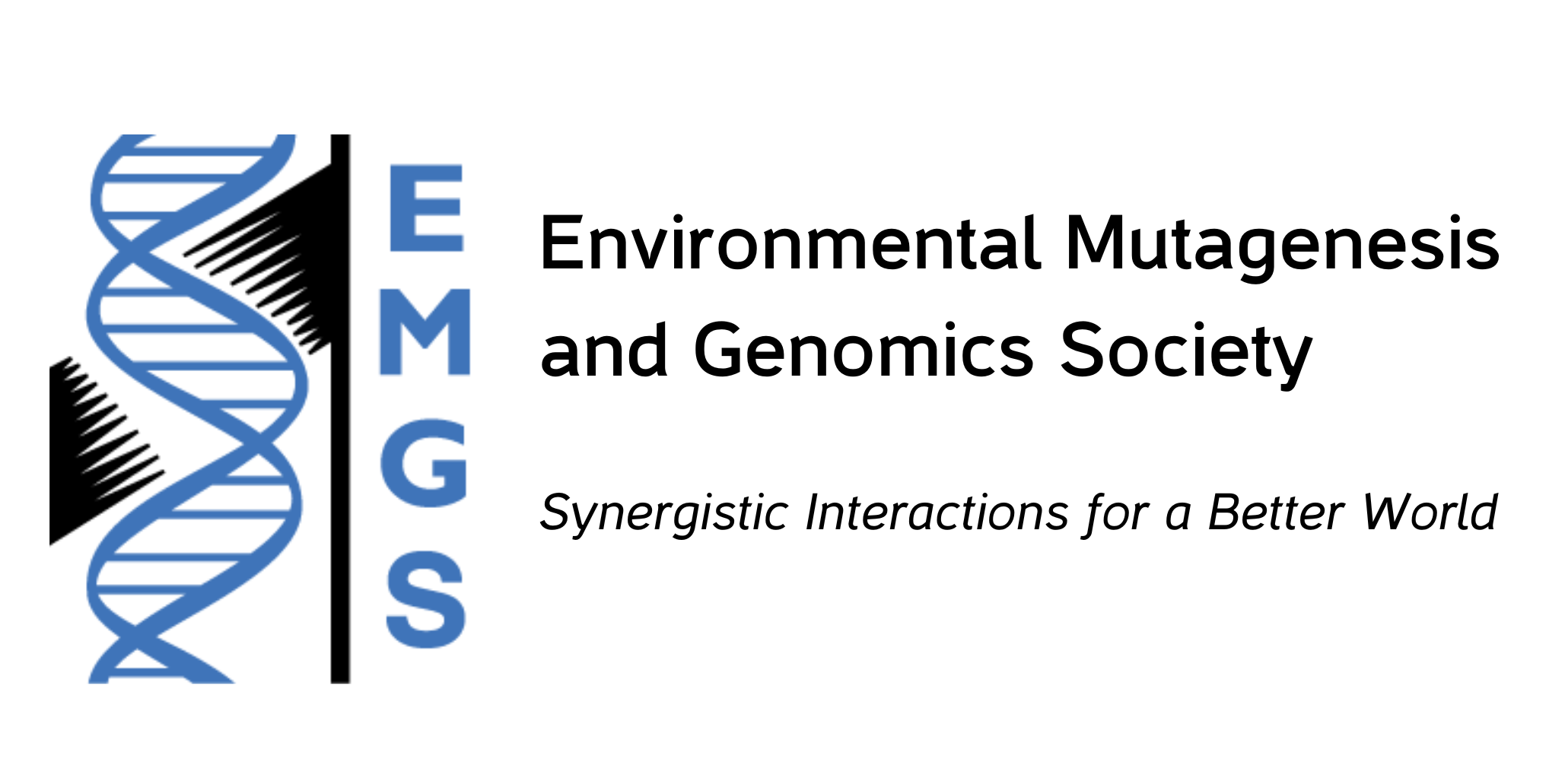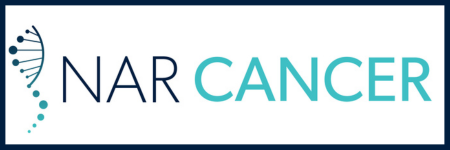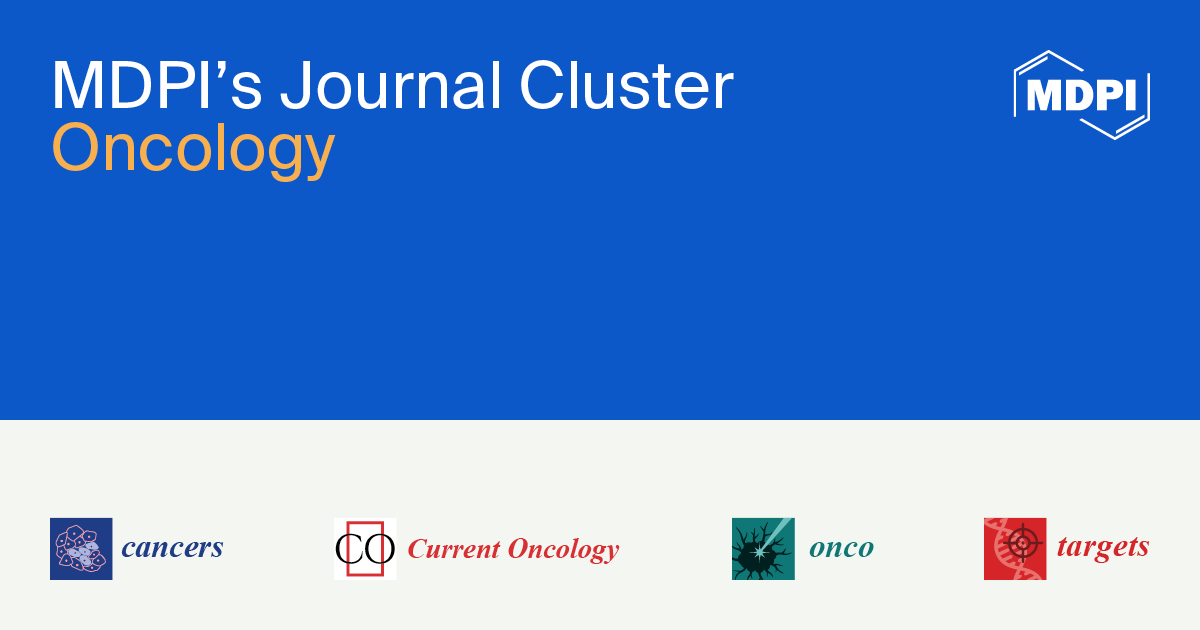- Home
- Forthcoming Conferences
- 7th DNA Repair/Replication Structures & Cancer Conference
7th DNA Repair/Replication Structures & Cancer Conference
#DRRSC26
24 Feb - 28 Feb 2026
Playa Mujeres, Mexico
Early Bird - Expired • Talk Submission - Expired • Poster Submission - Expired • Registration & Payment Deadline - Expired
Synopsis
IMPORTANT NOTICE: Registration prices are tied to a specific hotel room category and secured only once your balance is paid in full. As hotel availability decreases, registration prices may increase if reassignment to another room category is required. We encourage prompt registration and full payment to secure your place at the current price. Please reach out to us if you have any questions.
This is a transformative time in cancer research and its impacts on advanced therapies. Basic knowledge of DNA Damage Reponses (DDR) and their functional integration with the therapeutically relevant immune responses are fundamentally advancing cancer biology and medicine. Besides being classified by tissue origins, cancers are increasingly being understood at the cellular and molecular level, allowing effective targeting with synthetic lethality for precision oncology. Precision therapies offer the potential for enhanced efficacy with reduced toxicities but come with the major challenge of preexisting or developed resistance. Clinically, most of the resistance to DDR inhibitors arises from the restoration of DNA repair pathways through reversion mutants or rewiring the DDR network. It is increasingly clear that DDR regulation and repair pathway choices drive therapeutic sensitivity and resistance responses. These findings underscore the critical need to develop actionable structural and mechanistic knowledge, spanning from nanoscale of individual enzymes to the mesoscale of regulated protein-complexes and their network responses.
Recent breakthroughs in experimental methodologies (particularly cryo electron microscopy, electron tomography, mass spectrometry, X-ray scattering, and single-molecule biophysical techniques) have enabled the studies of increasingly complex and dynamic biological systems. These cutting-edge tools enable the integration of in vitro and in situ studies to reveal the detailed mechanisms underpinning cellular processes. Furthermore, the rapid evolution of artificial intelligence (AI) and its expanding applications in structural and mechanistic investigations are driving the field toward the integration of atomic-level structural data with physiological outputs. These advances present game-changing opportunities that enable us to tackle increasingly complex and challenging scientific problems, while also requiring fresh approaches.
The 7th DNA Replication/Repair Structures & Cancer Conference (7th DRRSC) on 24-28 February 2026 will bring together scientists from diverse fields to exchange cutting-edge research findings and stimulate new ideas and approaches to address the critical challenges in cancer research. Furthermore, due to the current challenging funding landscape, it is critical to form partnerships of creative talent to address large-scale problems efficiently. The meeting is designed to optimize opportunities for productive discussion, interaction, and collaboration. Conference talks and discussions will center on developing actionable mechanistic knowledge of DNA replication, transcription and repair stress responses and their inflammation impacts suitable to guide cancer research and intervention. A focus will be on leveraging the synthetic lethality concept for DDR defects. Talks will include emerging basic and clinical findings, cutting-edge trans-disciplinary methodologies and structural and mechanistic insights for dynamic complexes. The vibrant discussions and exchange of ideas will catalyze productive collaborations and offer new insights that will support research both within and between individual labs as well as across the broader scientific community.
What makes this meeting unique?
Professor Ben Van Houten from the University of Pittsburgh says: “I can honestly say your meeting, by combining hard core structure-function studies with beautiful biology, hits an important area that many meetings miss; being part of that science is just terrific.”
Professor John Tainer from the University of Texas MD Anderson Cancer Centre says: “Most participants contribute unpublished data and powerful discussions that identify and fill knowledge gaps with game-changing insights that make me want to stand up and cheer.”
Dr. Susan Tsutakawa from Lawrence Berkeley National Lab says: "This is my favorite meeting where every talk is directed at mechanisms in DNA replication and repair. The talks really inform me on what mechanisms are being considered, particularly those outside my immediate favourite pathway. Every breakfast, lunch, and dinner allow you to talk and propose problems that you haven't fully understood. You get the American, European, and Asian science coming together.”
Plenary Speaker
Johannes Walter (Harvard Medical School)
COPING WITH OBSTACLES DURING DNA REPLICATION
Rising Star Plenary Speakers
Joanna Loizou (Institute of Cancer Research)
SYNTHETIC LETHALITY AND RESISTANCE MECHANISMS IN CANCER
Katharina Schlacher (MDACC)
CONTROLLING MITOCHONDRIAL AND NUCLEAR DNA REPLICATION INSTABILITY IN CANCER AND THERAPY
Confirmed Invited Speakers
David Barford (MRC-LMB, Cambridge)
UNDERSTANDING KINETOCHORE MECHANISMS FROM STRUCTURES OF IN VITRO-RECONSTITUTED COMPLEXES AND cryo-ET OF NATIVE COMPLEXES
Simon Boulton (Francis Crick Institute)
SLFN11 RESTRICTS ESCAPE FROM REPLICATIVE CRISIS TO PREVENT ALT
Karlene Cimprich (Stanford University)
NEW MECHANISMS FOR THE MAINTENANCE OF GENOME STABILITY AT THE REPLICATION FORK
Brandt Eichman (Vanderbilt University)
MECHANISMS OF REPLICATION FORK REVERSAL
Maria Jasin (Memorial Sloan Kettering Cancer Center)
REGULATING HOMOLOGOUS RECOMBINATION
Susan Lees-Miller (University of Calgary)
ARTEMIS: A MULTIVALENT HUB FOR DSB REPAIR
Georges Mer (Mayo Clinic)
MECHANISMS OF UBIQUITIN SIGNALING IN DNA DAMAGE REPAIR
Jo Morris (University of Birmingham)
NEW BRCA-PARTNERS
Mark O'Connor (AstraZeneca)
STRUCTURAL AND GENETIC EVIDENCE FOR PARP1 TRAPPING AS A DRIVER OF PARP INHIBITOR EFFICACY IN BRCAm CANCER CELLS
John Pascal (University of Montreal)
PARP FAMILY ENZYMES IN DNA DAMAGE SIGNALING AND REPAIR
Lori Passmore (MRC-LMB, Cambridge)
MECHANISTIC STUDIES OF DNA CROSSLINK REPAIR
Anna Pluciennik (Thomas Jefferson University)
CROSSTALK BETWEEN DNA REPAIR SYSTEMS IN GENOME INSTABILITY
Arnab Ray Chaudhuri (Erasmus University Medical Center)
MODULATING RAD51 DYNAMICS IN CHEMORESISTANCE
Susan Rosenberg (Baylor College of Medicine)
SINGLE-STRANDED ENDOGENOUS DNA DAMAGE WHERE RNAS END
Eli Rothenberg (New York University)
STRUCTURAL DISSECTION OF BRCA2 MUTATIONS AND RAD51 FILAMENTS: IMPLICATIONS FOR CANCER ONSET AND THERAPEUTIC OUTCOMES
Jessica Tyler (Weill Cornell Medicine)
EXTENDING LIFESPAN BY IMPROVING DNA DOUBLE-STRAND BREAK REPAIR
Bennett Van Houten (University of Pittsburgh)
MEASURING THE DYNAMICS OF DNA REPAIR PROTEINS WITH DNA LESIONS AND NUCLEOSOMES AT THE SINGLE MOLECULE LEVEL
Helen Walden (University of Glasglow)
TARGETTING USP1-UAF1 ACTIVITY IN THE FANCONI ANEMIA PATHWAY
Steve West (Francis Crick Institute)
REPAIRING BROKEN CHROMOSOMES: MECHANISTIC INSIGHTS FROM ALPHAFOLD AND CRYO-EM
Scott Williams (NIH)
STRUCTURE AND FUNCTION OF DNA HELICASES REGULATING NEURODEGENERATIVE DISEASE AND VIRAL REPLICATION
Gijs Wuite (Vrije Universiteit Amsterdam)
UNRAVELLING THE MECHANICS AND STRUCTURE OF WHOLE MITOTIC CHROMOSOMES
Ruiming Xu (Institute of Biophysics)
MECHANISM OF REPLICATION-COUPLED RETROELEMENT INSERTION
Wei Yang (NIH)
HARMONY IN DNA REPAIR: COORDINATED PROTEIN AND DNA MOVEMENTS
Timothy Yap (MDACC)
NOVEL CLINICAL STRATEGIES IN TARGETING SYNTHETIC LETHALITY: CURRENT SUCCESSES AND CHALLENGES
Xiaolan Zhao (Memorial Sloan Kettering Cancer Center)MULTI-SUBUNIT COLLABORATION ENABLES Smc5/6 TO FUNCTION AS A COMPOSITE SUMO E3 COMPLEX IN GENOME MAINTENANCE
AstraZeneca has provided a sponsorship grant towards this independent programme.
Confirmed Speakers
Plenary Speakers
Invited Speakers

David Barford
MRC-LMB, Cambridge
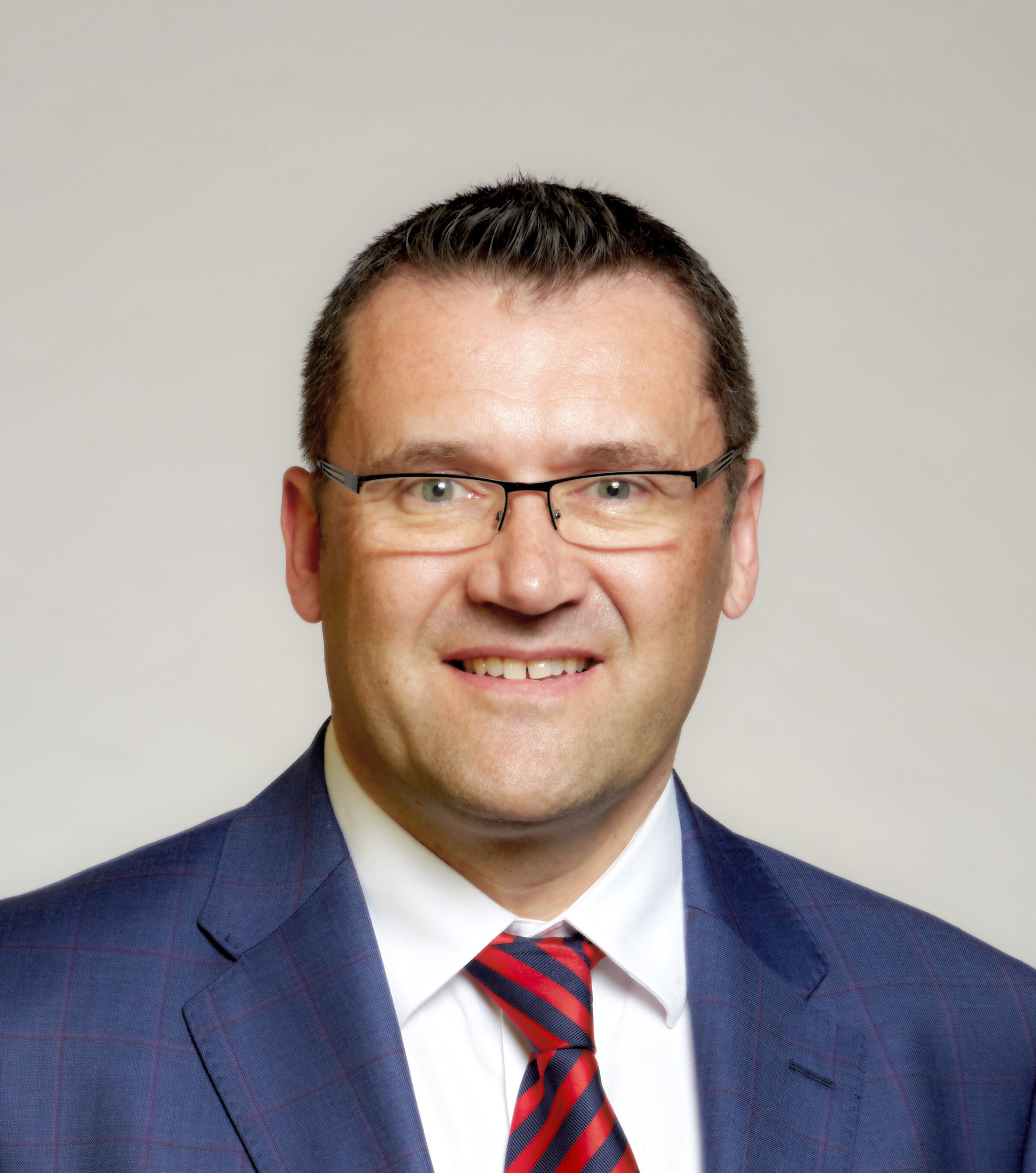
Simon Boulton
Francis Crick Institute

Karlene Cimprich
Stanford University
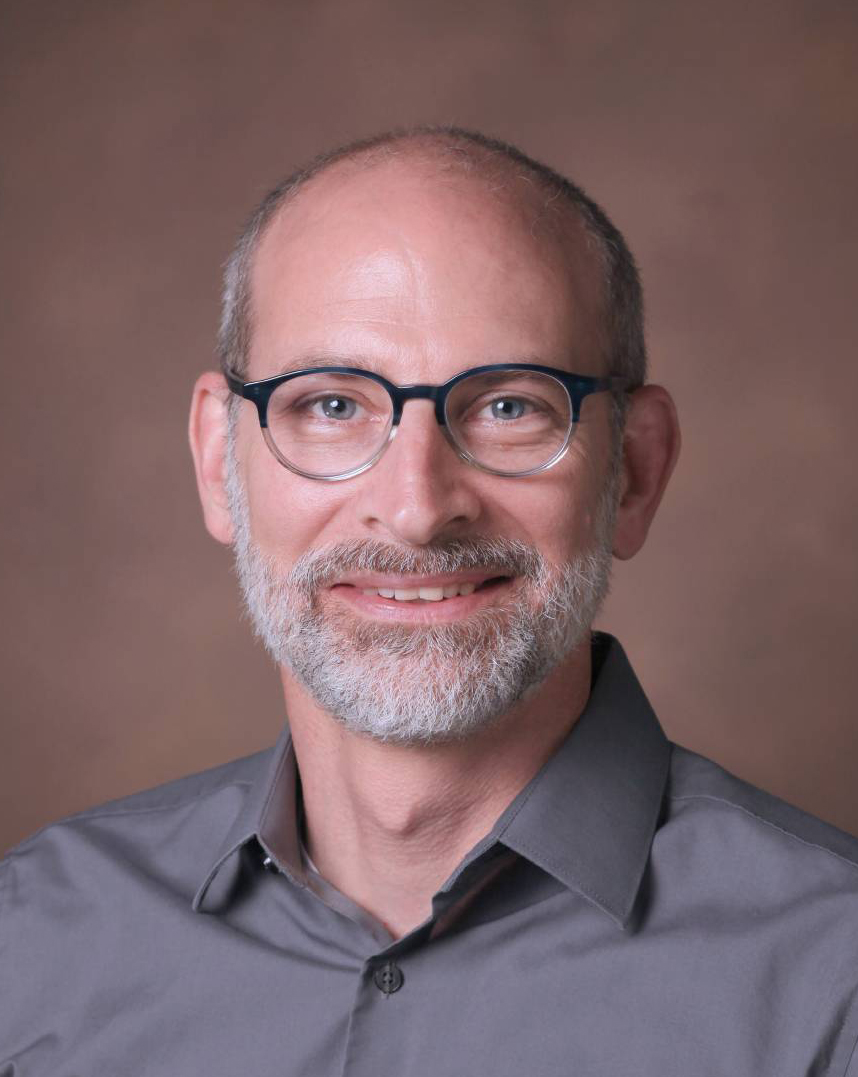
Brandt Eichman
Vanderbilt University
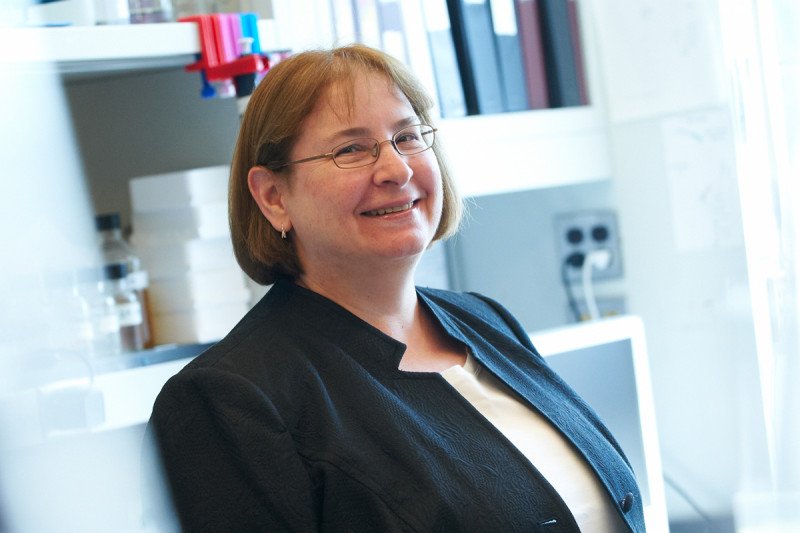
Maria Jasin
Memorial Sloan Kettering Cancer Center

Susan Lees-Miller
University of Calgary

Georges Mer
Mayo Clinic

Jo Morris
University of Birmingham

Mark O'Connor
AstraZeneca
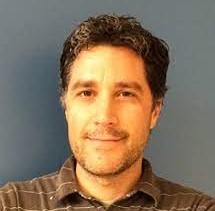
John Pascal
University of Montreal
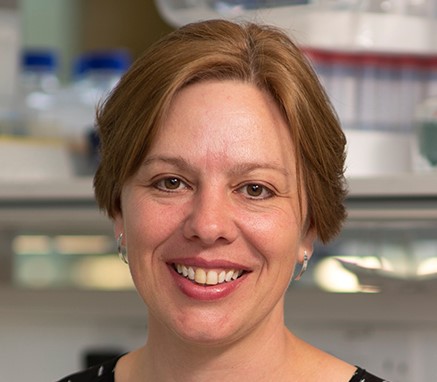
Lori Passmore
MRC-LMB, Cambridge
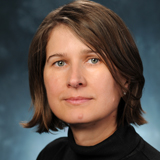
Anna Pluciennik
Thomas Jefferson University
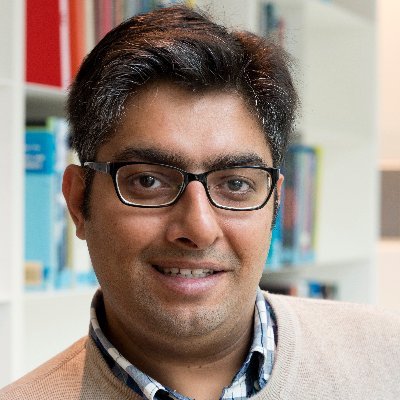
Arnab Ray Chaudhuri
Erasmus University Medical Center
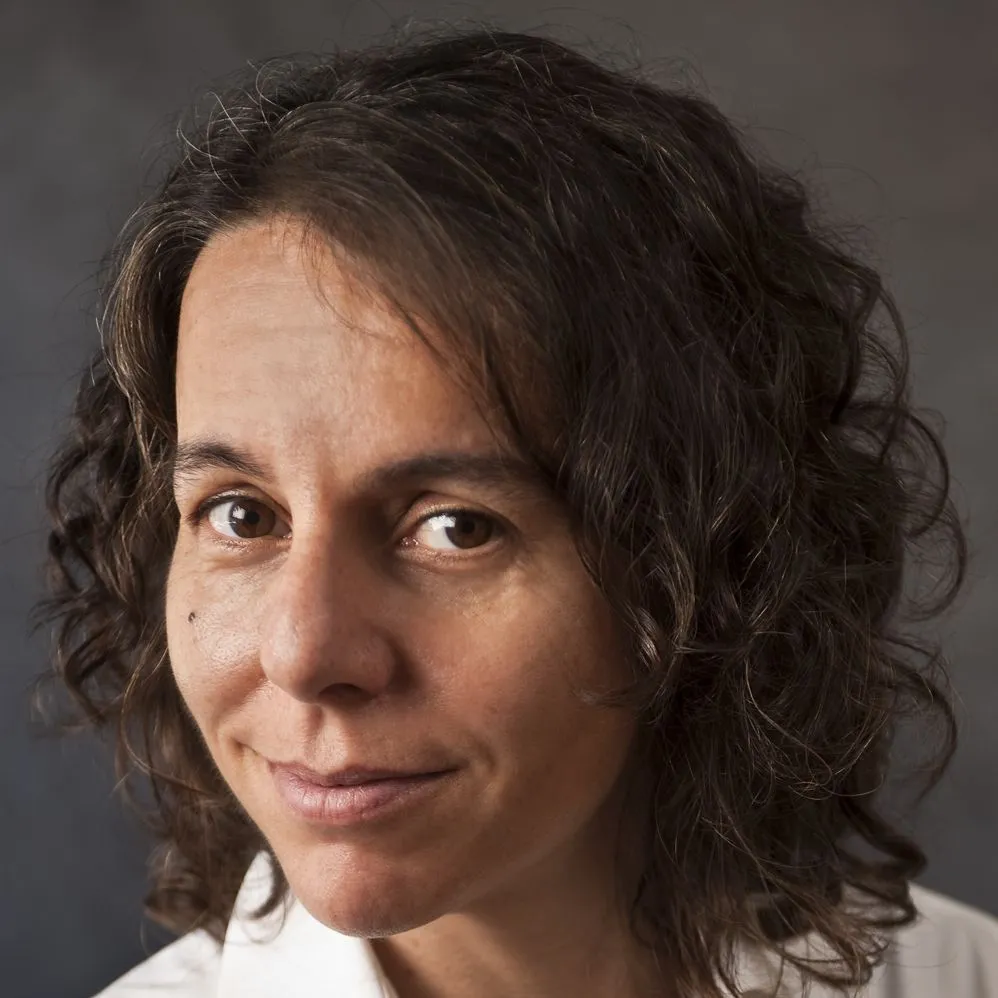
Susan Rosenberg
Baylor College of Medicine
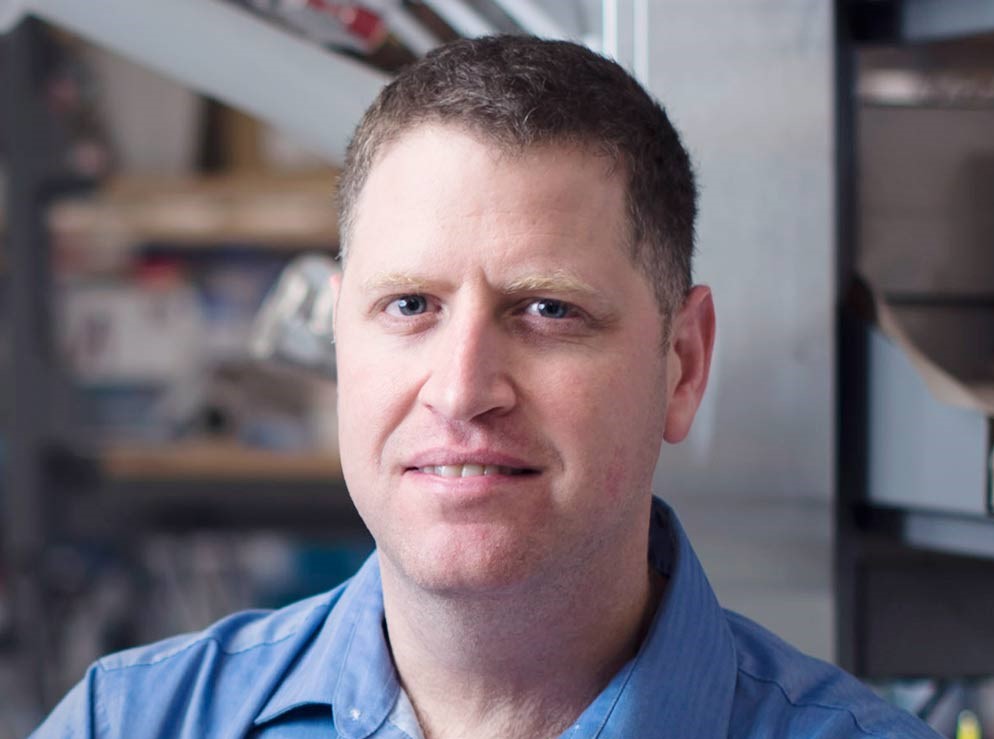
Eli Rothenberg
New York University
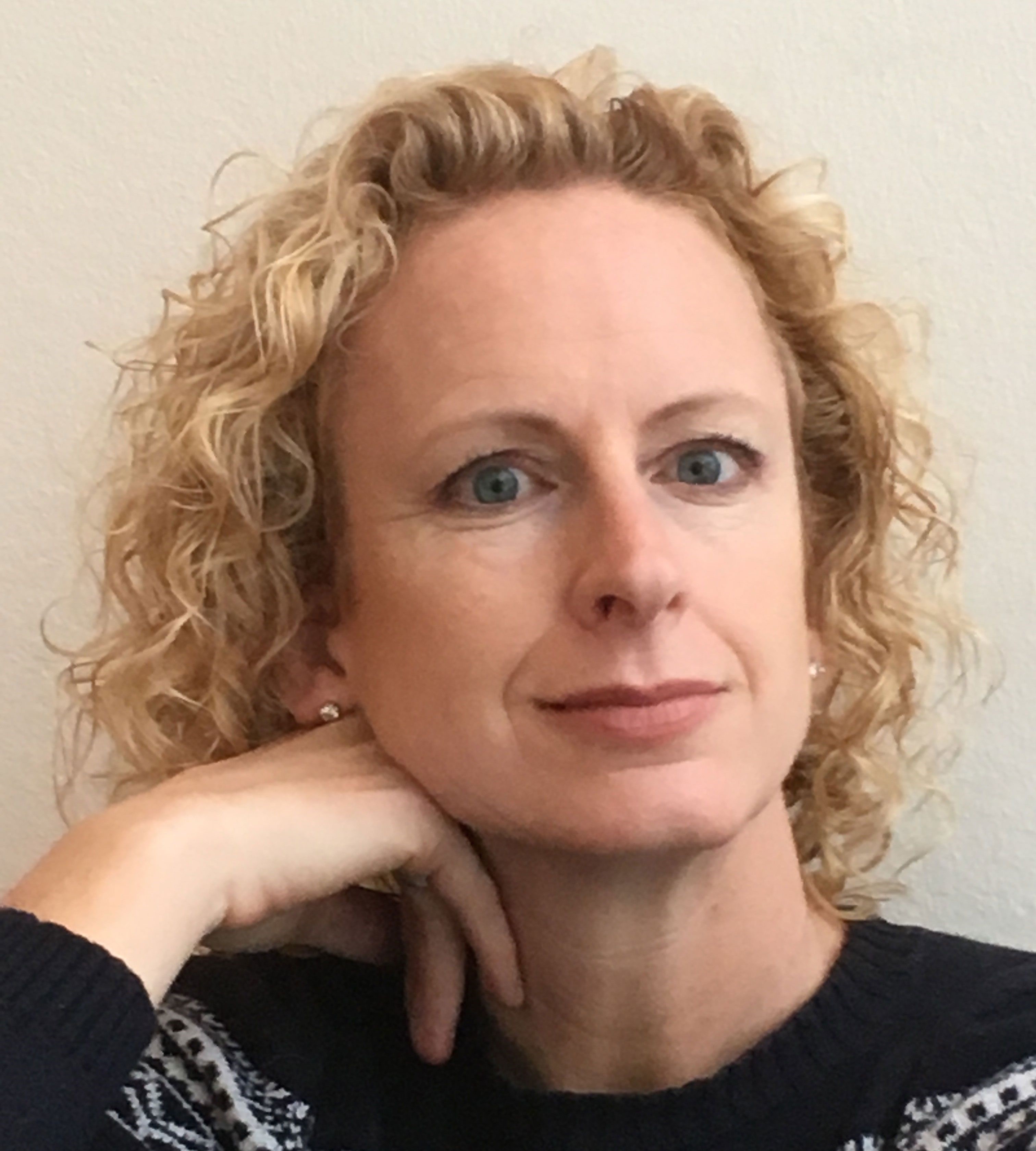
Jessica Tyler
Weill Cornell Medicine

Bennett Van Houten
University of Pittsburgh
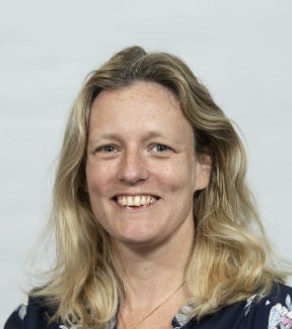
Helen Walden
University of Glasglow
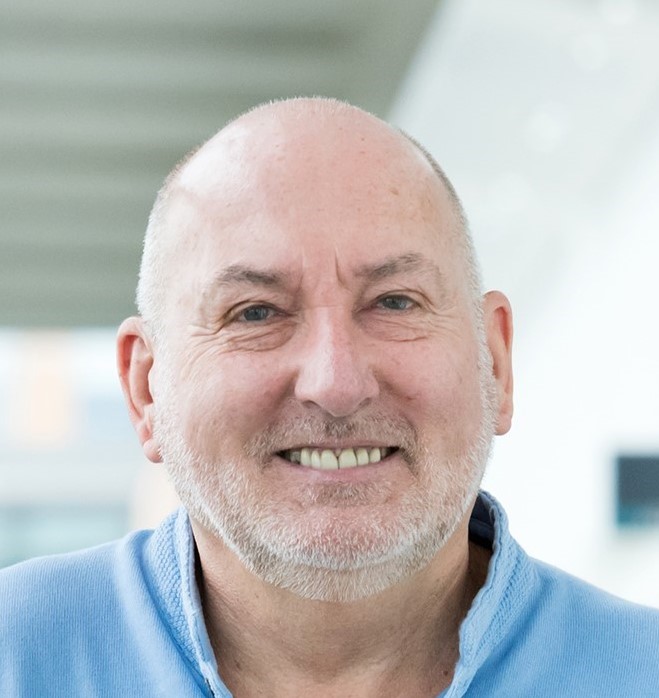
Steve West
Francis Crick Institute
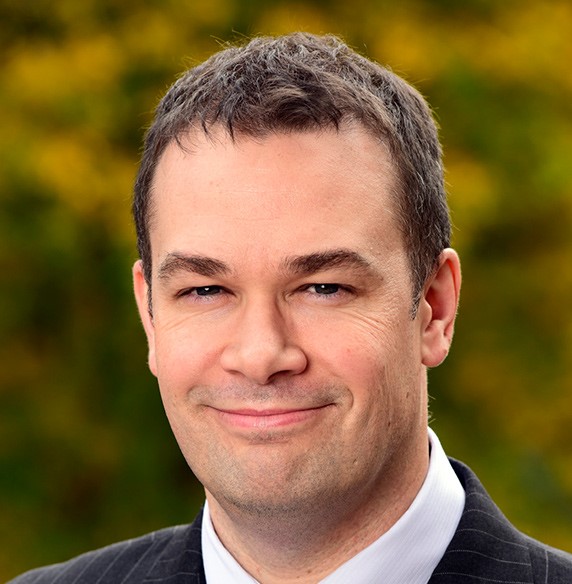
Scott Williams
NIH
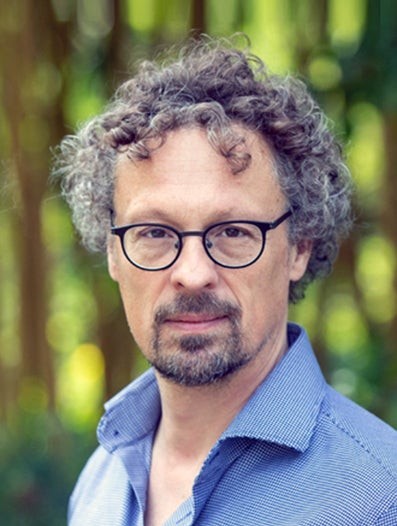
Gijs Wuite
Vrije Universiteit Amsterdam

Ruiming Xu
Institute of Biophysics

Wei Yang
NIH

Timothy Yap
MDACC
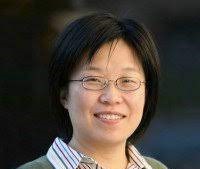
Xiaolan Zhao
Memorial Sloan Kettering Cancer Center
Programme
Registration Prices
| Ticket Type | Early Bird | Full Price |
|---|---|---|
|
Student/Postdocs Choose this option if you are a student or postdoc. Please note all students/postdocs will be paired with another attendee of the same sex if a room sharer is not specified. If you wish to have your own room, please register under the 'Single' ticket option. |
$1550 | $1550 |
|
Shared Choose this option if you wish to share with a colleague who is also attending the conference, or if you wish to be paired with another attendee of the same sex, or if you have an accompanying adult. |
$2245 | $2546 |
|
Single Choose this option if you will be attending the conference alone and wish to have your own private room. |
$2700 | $3000 |
Additional Prices
| Addition Type | Adult | Child |
|---|---|---|
|
Additional Person This is the cost for an additional adult or child to join you in the same room, for the conference period. Additional guests are not permitted access to the conference. If you wish to extend your stay, please see our 'Extra Night' prices. |
$1201 | $344 |
|
Extra Night Prices for extra nights apply per person, per night. |
Price on enquiry | Price on enquiry |
What's Included in our Registration Fees?
Our registration fees are inclusive of the following at SLS Playa Mujeres during the conference period only:
- Conference registration.
- 4 nights’ fixed accommodation (24, 25, 26, 27 Feb 2026) on a single or shared basis in a Delight King or Queen room.
- Breakfast, lunch and dinner available at restaurants according to their operational hours.
- Unlimited alcoholic beverages, cocktails and soft drinks available at restaurants and bars according to their operational hours.
- Daily coffee breaks.
- Gala dinner with an open bar.
- Room service.
- In-room minibar replenished daily with drinks.
- Complimentary WIFI throughout the hotel.
Important Note: Shared rooms may consist of either two queen beds or, one king and one queen sofa bed.
What's Included in our Accompanying Adult Fees?
Our accompanying adult fees are inclusive of the following at SLS Playa Mujeres during the conference period only:
- 4 nights’ fixed accommodation (24, 25, 26, 27 Feb 2026) on a shared basis with a conference participant in a Delight King or Queen room.
- Breakfast, lunch and dinner available at restaurants according to their operational hours.
- Unlimited alcoholic beverages, cocktails and soft drinks available at restaurants and bars according to their operational hours.
- Gala dinner with an open bar.
- Room service.
- In-room minibar replenished daily with drinks.
- Complimentary WIFI throughout the hotel.
Important Note: Accompanying guests are not permitted access to the conference.
What's Included in our Accompanying Child Fees?
Our accompanying child fees are inclusive of the following at SLS Playa Mujeres during the conference period only:
- 4 nights’ fixed accommodation (24, 25, 26, 27 Feb 2026) on a shared basis with the parent/s in a Delight King or Queen room, maximum capacity 4 adults per room.
- Breakfast, lunch and dinner available at restaurants according to their operational hours.
- Unlimited soft drinks available at restaurants and bars according to their operational hours.
- Gala dinner with soft drinks.
- Complimentary WIFI throughout the hotel.
Important Note: Accompanying child fees are applicable for children aged 4-11 years. Children 3 years or younger stay free of charge with a parent. Children aged 12 years and older are classified as an adult at this venue (SLS Playa Mujeres). Please kindly ensure your child / children are supervised at all times during conference and related events. Childcare services are available at the hotel, please contact Felicity for further information.
What's Included in our Extra Night Fees?
Our extra night fees are inclusive of the following at SLS Playa Mujeres:
- 1 night’s accommodation for 1 person in a Delight King or Twin room.
- Breakfast, lunch and dinner available at restaurants according to their operational hours.
- Unlimited alcoholic beverages, cocktails and soft drinks available at restaurants and bars according to their operational hours.
- Room service.
- In-room minibar replenished daily with drinks.
- Complimentary WIFI throughout the hotel.
Important Note: If you wish to extend your stay more than 1 night pre/post conference, this is possible to book via Fusion, but please contact Felicity for assistance and prices. Extra night child fees are applicable for children aged 4-11 years. Children 3 years or younger stay free of charge with a parent. Children aged 12 years and older are classified as an adult at this venue (SLS Playa Mujeres).
Important Note
Please note that registration prices are based on a specific hotel room category. Although we have a number of rooms pre-reserved, your accommodation can only be secured once your registration balance has been paid in full.
As hotel occupancy increases, availability in our designated room category may become limited. To secure your stay and current rate, we encourage delegates to settle balances as soon as possible.
Please be aware that if your travel plans and, therefore, accommodation requirements are not secured promptly, registration prices may increase. This will occur if we need to align your booking with a different room category, should our allocated rooms sell out.
Grants
$500 ECR Grants
We are offering several $500 registration grants to help offset meeting costs for early-career researchers. These grants will be awarded on a first-come, first-served basis, so we encourage you to register now! Eligible applicants include students, postdocs, and junior faculty within three years of starting their position. To be considered for a grant, you must also submit an abstract for a short talk or poster presentation.
$1,000 ECR Awards
We have a limited number of $1,000 registration grants available to help defray the meeting costs for early career researchers. If you are a student, postdoc or junior faculty (within 3 years of your position), you are eligible. To apply please email the conference manager, Felicity Harrap.
Your application should include your name, organisation, career level, an abstract for consideration for a talk or poster, and a short summary answering the below questions (no more than 50-100 words per question).
• What cutting edge aspects of your work will you share at the meeting?
• Why do you require financial support to attend?
• How will attending 7DRRSC benefit your research and career?
Supported by
Interested in sponsoring this conference?
Contact usVenue & Location
SLS Playa Mujeres
SLS Playa Mujeres is a luxury all-inclusive resort located in the beautiful Playa Mujeres area near Cancun, Mexico. The newly built hotel has a contemporary design and an upscale/chic atmosphere. The hotel features stylish and spacious accommodation, offering modern amenities and private balconies. Guests can enjoy a range of gourmet dining options, activities and facilities within the all-inclusive package including; 4 swimming pools, a secluded private beach, 18 bars/restaurants, 24 hour room service, kids and teens club, outdoor adventure course and splash zone, fitness centre, group fitness classes and non-motorized water sports.
General Information
Venue Rating
★ ★ ★ ★ ★
Currency
US Dollar (USD)
Address
Supermanzana 3 Manzana 1, 77400 Cancún, Quintana Roo, Mexico
Nearest Airport
Cancun International Airport
Hotel Facilities
18 restaurants/bars
4 swimming pools
Private beach
Water park
Non-motorized watersports
Daily resort activities
Kids/teens club
Nightly entertainment
24 hour room service
Fitness center
Location
Mexico is a delightful combination of natural beauty, islands, ecological reserves and white sandy beaches. However, besides sun, sand and sea, this destination also offers an infinite variety of underwater activities to choose from: the diving, snorkelling and fishing here are outstanding and you will find an undersea world packed with tropical fish that live on the second largest barrier reef in the world. Sports enthusiasts might choose one of the many eco-tourism activities, such as cycling or hiking through the tropical forest or kayaking through mangroves, or something a little more adventuresome, like zip lining through the treetops.
Apart from the more well-known ancient Mayan archealogical sites such as Tulum, Cobá and Chichén Itzá you may like to visit the Aktun Chen caverns, voted one of the Top 10 underwater walks by National Geographic described as a truly magical experience.
Transportation
Cancun International Airport is approximately 35 minutes from SLS Playa Mujeres. Unlike other airports, Cancun airport transfer services must be pre-arranged. To obtain safe, licensed and bilingual transportation services please ensure you book your arrival and return transportation online with an authorised transportation company prior to your arrival to ensure a smooth journey without delays.
If you wish to share a return transfer to the airport then we would suggest waiting and organising this on-site at the hotel. The hotel have registered taxis readily available, you simply need to speak to the concierge on the day of your departure (approx $56 to Cancun International Airport). This will allow attendees to share return transfers with others who have similar flight times.
Private Transportation Companies
There are many alternative transportation companies operating in the Cancun area who will be able to provide a quotation for your trip. The following companies are well reviewed on Trip Advisor and quotations can be obtained and bookings can be made directly via their websites.
Amstar
Transportation is the sole responsibility of the delegate. Please ensure you conduct your own research and double check your booking details ahead of your arrival. Fusion Conferences are unable to assist with or confirm transportation bookings due to insurance limitations. Thank you for your understanding.
Local Activities
Please come back soon for further information regarding local activities.
Group Activities
Please come back soon for further information regarding group activities.
Submitting an Abstract
There are several presentation opportunities available at this meeting, in both talk and poster form. To be considered for either option, please register for the conference, upload your abstract when prompted to do so, and select your preferred presentation method. Once submitted, you will be able to monitor the status of your abstract through your Fusion account. You will also receive an email to confirm the outcome of your abstract review.
If you are unable to register for the conference for any reason, but still wish to submit an abstract for consideration, please email the Conference Manager directly.
Please use the abstract template provided (see below) and ensure your abstract is no longer than one page in length.
Note: talk slots are limited for each conference, and we often receive more submissions than spaces available. If your talk submission is unsuccessful on this occasion, your abstract will automatically be considered for a poster presentation as an alternative.
Accepted for a Short Talk
If you are accepted for a Short Talk, we recommend you check our website regularly as the conference approaches for programme updates, these will be released under the ‘Programme’ tab in the navigation panel to the left.
On the day of your presentation please make yourself known to our AV technician who will be present in the conference room. We advise running through your presentation at least 30 minutes prior to your session commencing to ensure your slides and any videos or animations appear as expected. We prefer our speakers to run their presentation from the master PC or Mac to ensure a smooth and timely transition between presenters, however, if you prefer to use your own laptop, please notify AV prior to the session. A HDMI cable is usually available on the podium to accommodate this.
Our AV technician will run through microphone options and provide a combined slide advancer and laser pointer ahead of your talk.
We ask all speakers to adhere to their time slots and respect their fellow presenters. A visual traffic light aide will be available to warn presenters as their time decreases, and our Session Chairs will assist with keeping everyone to time.
Please make sure your presentation adheres to the following guidelines:
Aspect Ratio: On Screen Show (16:9)
File Type: PPT, PPTS or Keynote format.
Accepted for a Poster Presentation
We recommend bringing your poster along with you to the conference as our venues do not have onsite printing facilities. If you wish to independently source local printing, please feel free to do so – the hotel address can be found under the ‘Venue’ tab if needed.
Our poster boards can accommodate a maximum poster size of A0 (1189H x 841W mm), portrait in orientation. Posters exceeding this size may not fit on the poster boards provided and therefore we may be unable to display your poster, so please kindly keep to these measurements.
Upon arrival to the conference, the Fusion team will give you instructions for displaying your poster. Your poster will remain on display for the duration of the conference, allowing presenters to take advantage of refreshment breaks and free time for valuable networking opportunities, in addition to the dedicated poster session.
Please check the programme and note the date and time of the poster session(s). Your poster will be judged during the poster session(s) and prizes will be awarded at the Gala Dinner.
Posters will be taken down by the Fusion team and can be collected on the final day of the conference.
LinkedIn forum
The DNA Research Network is an excellent platform to connect with fellow attendees and likeminded researchers prior to the conference.
The Linkedin Group is designed to bring together the global community of researchers and scientists interested in the study of DNA. Relevant specialties are wide-ranging, reflecting the importance of DNA Research in many aspects of health and disease, including; DNA Repair, DNA Replication, DNA Damage, Cancer, Chromosomal Instability, RNA and Nucleic Acids. The group is open to all and is intended as a networking forum for past, present and future participants of Fusion Conferences as well as those interested in the related topics.
Conference History
If you are interested in this meeting but not yet ready to register, you can sign up for updates here and our team will keep you updated regarding deadline reminders and grant opportunities relating to this meeting only.
If you're interested in sponsoring this conference please contact us.
Conference Manager

Felicity Harrap
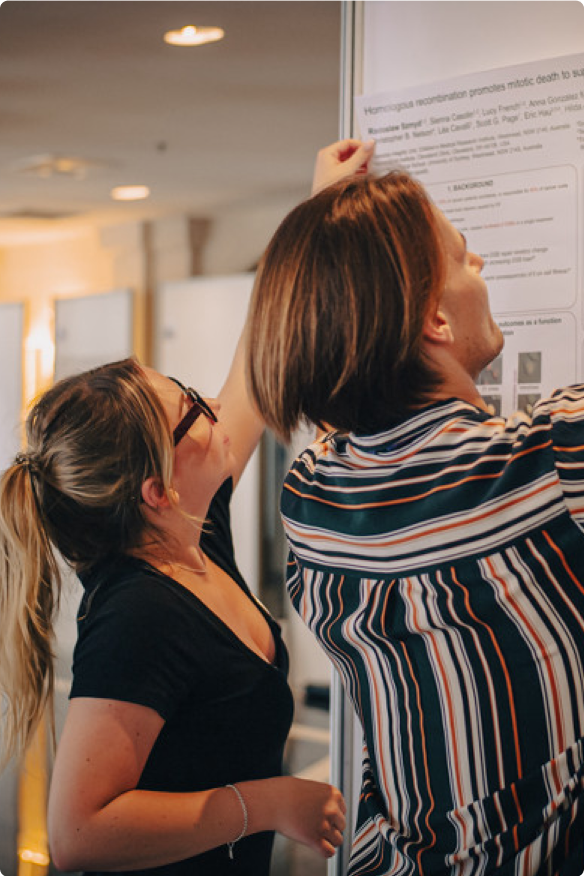

Need some help? Chat to the Fusion team today
As a family run business, our dedication runs deep. We’re committed to each other and, even more so, to every attendee’s experience, delivering a level of care and passion that’s truly unmatched.






